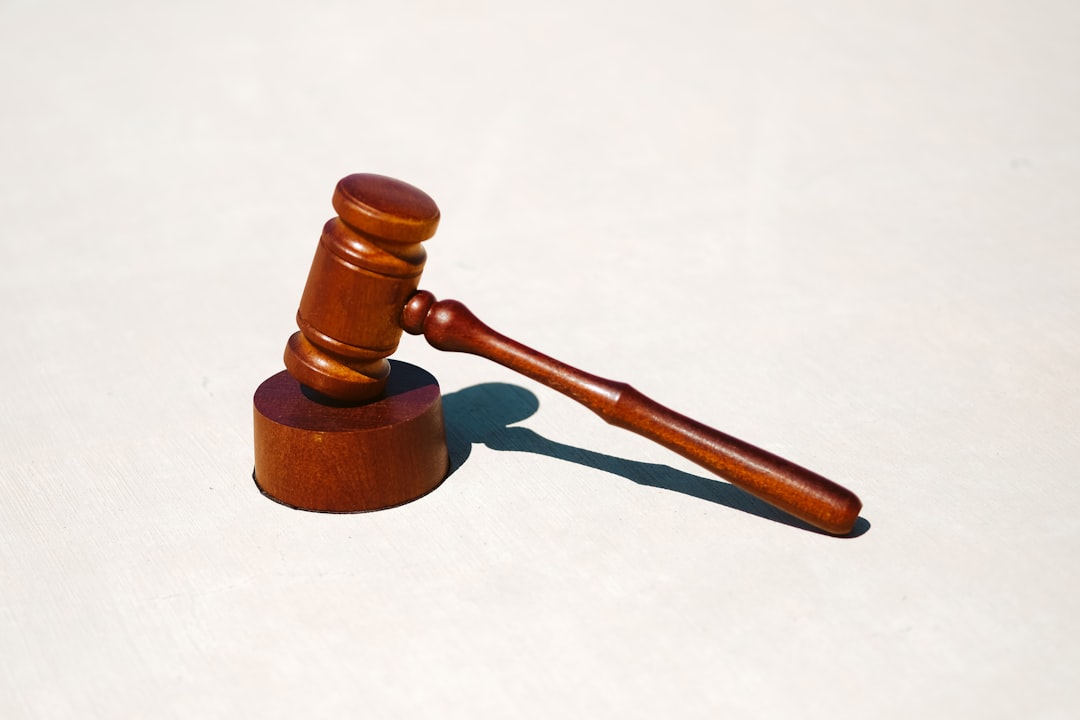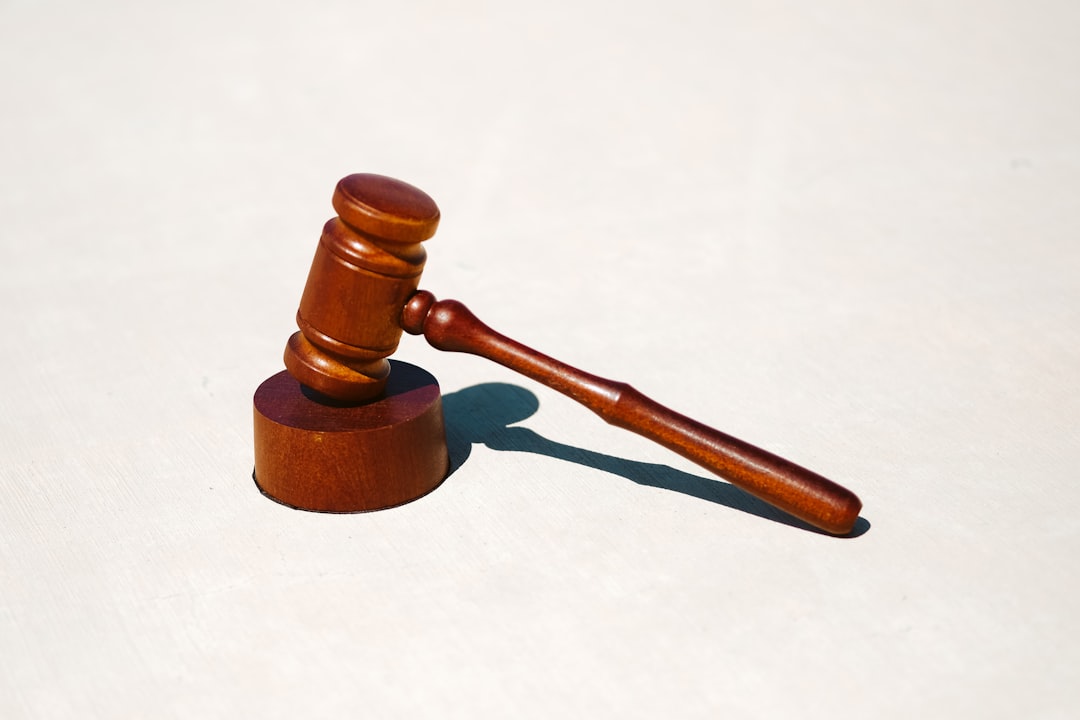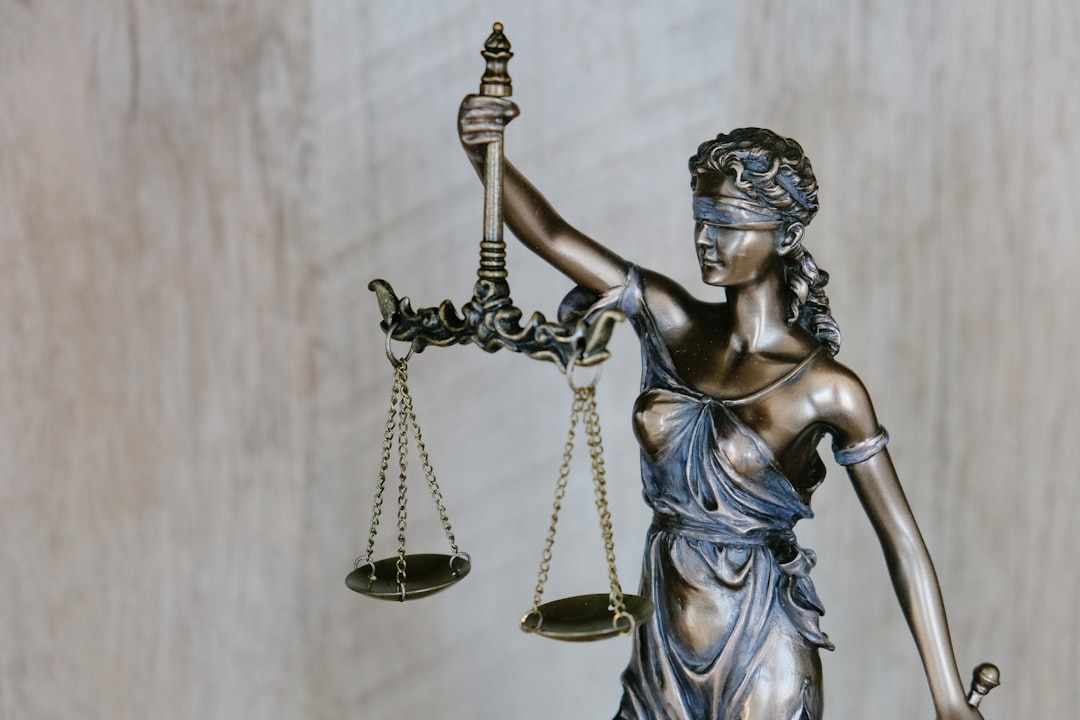Surviving sexual abuse is a harrowing experience, often leaving individuals with physical and emotional scars. In Illinois, access to compassionate legal support for these survivors is paramount to justice and healing. However, navigating the legal system can be daunting, especially for those who have endured trauma. This article delves into the critical role of specialized legal aid in aiding abuse survivors in Illinois. We explore how sexual abuse lawyers, equipped with expertise and sensitivity, are transforming lives by providing vital guidance, ensuring rights are protected, and fostering a path to recovery.
Understanding Sexual Abuse Laws in Illinois

In Illinois, understanding sexual abuse laws is a vital step for survivors seeking justice and healing. Sexual abuse lawyers in Illinois play a crucial role in navigating complex legal systems, ensuring that victims’ rights are protected and that perpetrators face consequences under state law. The definition of sexual abuse in Illinois encompasses a wide range of offenses, including rape, sexual assault, and abuse within intimate relationships. These laws are designed to hold accountable those who exploit, harm, or endanger children and vulnerable adults.
Key provisions of Illinois sexual abuse laws include strict statutes of limitations, which vary based on the type of offense but generally require victims to report abuse within a specified time frame. For instance, the statute of limitations for felony criminal sexual assault is 8 years from the date of the crime or the victim’s 18th birthday, whichever comes later. Sexual abuse lawyers in Illinois are well-versed in these legal frameworks and can help survivors understand their options for pursuing justice. They assist with evidence collection, police reports, and navigating the court system, ensuring that victims’ stories are heard and their rights are upheld.
According to recent data, Illinois has seen a steady increase in reported sexual assault cases, reflecting a growing awareness and willingness to seek legal redress. However, many survivors face challenges such as trauma-related memory gaps, fear of retraumatization during legal proceedings, and the burden of proving abuse without physical evidence. Herein lies the importance of retaining a qualified sexual abuse lawyer who can offer expert guidance, advocate for their clients’ interests, and provide emotional support throughout the legal process. By understanding their rights and working with dedicated legal professionals, survivors in Illinois can take meaningful steps toward healing and accountability.
Finding Support: Resources for Survivors in IL
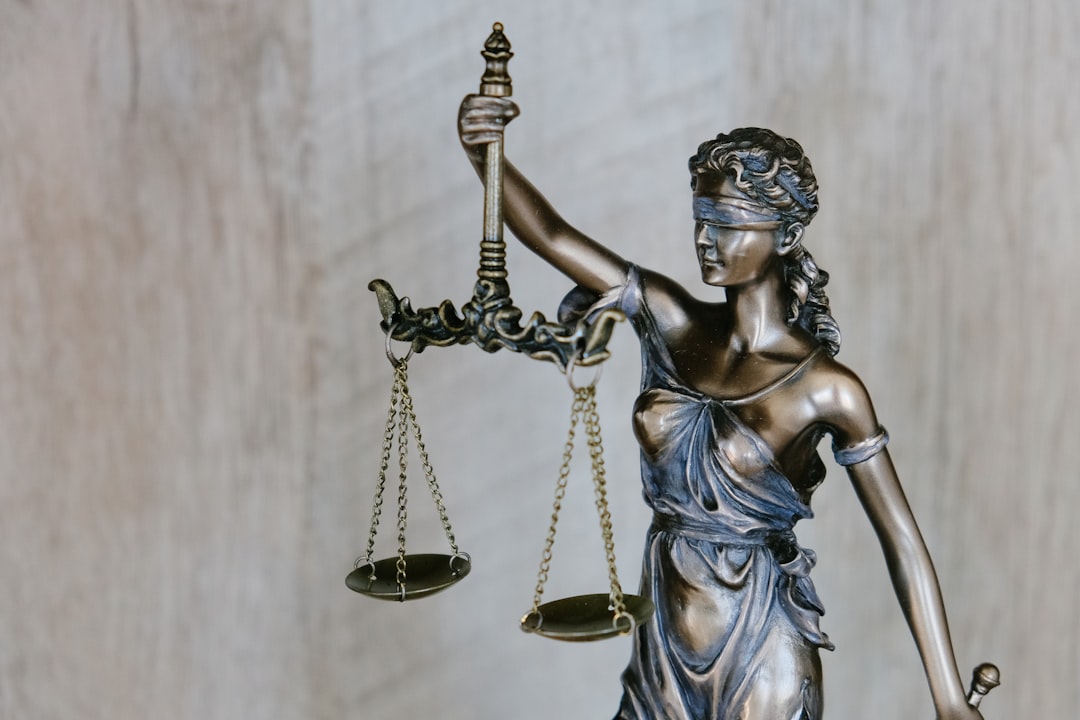
In Illinois, survivors of abuse—especially sexual abuse—can find support through a robust network of resources designed to offer legal aid, counseling, and advocacy. The state recognizes the profound impact trauma can have on individuals’ lives and has established various organizations and programs dedicated to assisting survivors in their healing journey. One crucial aspect of this support system is the availability of compassionate legal help, provided by experts such as sexual abuse lawyers Illinois residents can trust. These specialists are trained to navigate complex legal procedures while ensuring survivors’ rights are protected.
Legal resources for abuse survivors in Illinois include non-profit organizations offering free or low-cost legal services. For instance, organizations like the Chicago Legal Services Project and the Legal Assistance Foundation of Chicago provide pro bono representation to those who cannot afford legal counsel. Sexual abuse lawyers within these groups have experience handling cases involving assault, harassment, and discrimination, offering survivors a safe space to pursue justice without financial burden. Additionally, the Illinois Legal Aid Association connects individuals with local legal aid providers specializing in various forms of abuse, ensuring personalized support tailored to unique circumstances.
Beyond legal assistance, state-funded hotlines and community centers play a vital role in supporting survivors. The Illinois Sexual Assault Hotline (1-877-795-6273) offers confidential counseling, medical referrals, and legal advocacy 24 hours a day, 7 days a week. This service is a game-changer for many, providing immediate support and guiding survivors through the often-daunting process of seeking justice. Community centers like the Center for Women in Chicago also provide safe spaces for healing, offering programs that address physical, emotional, and legal needs, fostering a sense of community among survivors. These resources collectively illustrate Illinois’ commitment to supporting abuse survivors every step of the way.
Navigating Legal Proceedings with a Sexual Abuse Lawyer Illinois
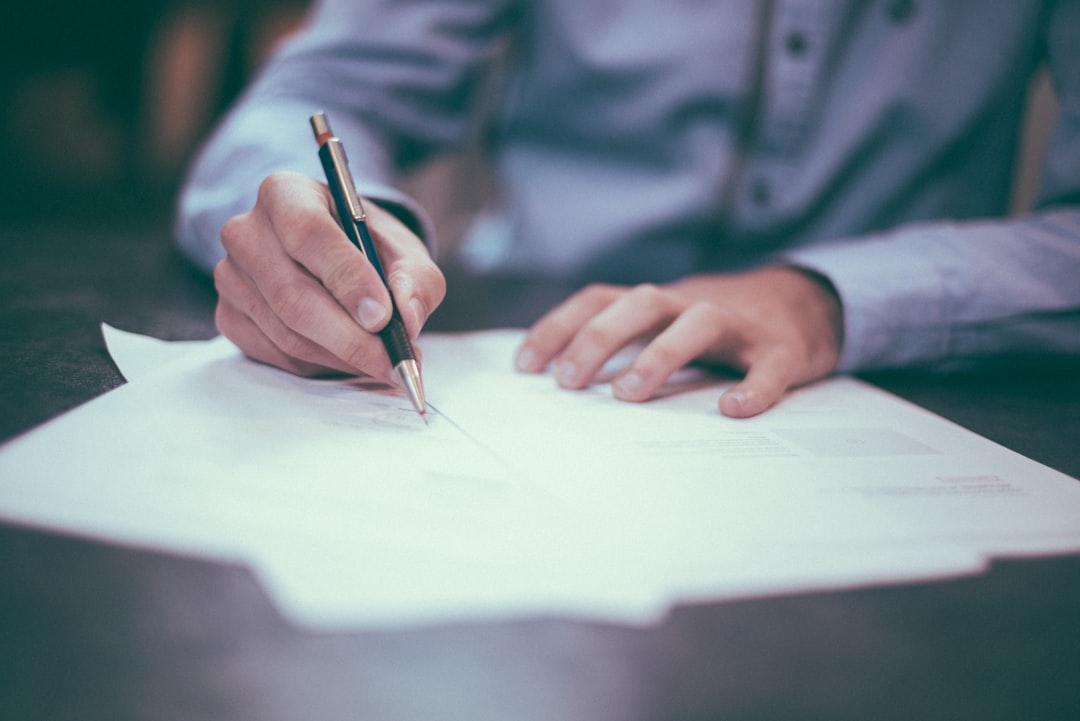
Navigating legal proceedings can be a challenging and daunting task for any individual, but it becomes even more complex when one has survived sexual abuse. In Illinois, survivors of sexual assault or abuse have access to specialized legal support through sexual abuse lawyers who possess the expertise and sensitivity required to handle such delicate cases. These attorneys play a pivotal role in ensuring that survivors’ rights are protected and that they receive the justice they deserve.
Sexual abuse lawyers in Illinois are adept at guiding clients through various stages of legal processes, from initial consultations to trial and appeal procedures. They understand the emotional toll that sexual assault can take on victims, and thus approach each case with compassion and discretion. During the consultation, these attorneys carefully listen to survivors’ stories, offer reassurance, and explain their legal options clearly. This initial phase is crucial for building trust between client and lawyer, encouraging survivors to share their experiences openly.
One of the primary roles of a sexual abuse lawyer Illinois is to help clients understand the complexities of criminal and civil litigation related to sexual assault. They can assist in gathering evidence, interviewing witnesses, and constructing a strong legal argument. Moreover, these lawyers often work collaboratively with local support organizations and healthcare providers to offer holistic care for survivors. By coordinating efforts, they ensure that clients receive not only effective legal representation but also access to counseling, medical services, and community resources tailored to their needs.
Building Cases: Evidence and Compensation for Victims
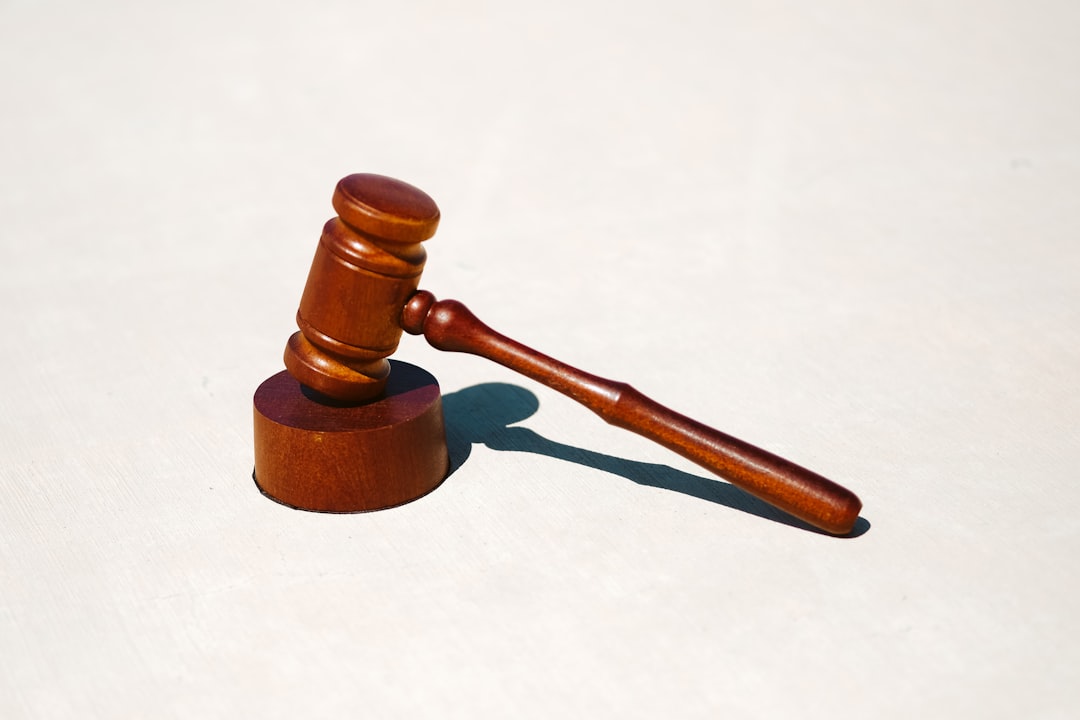
Building a strong case is pivotal when seeking justice and compensation for survivors of abuse, particularly in cases of sexual abuse in Illinois. The process demands meticulous attention to detail, from gathering evidence to crafting compelling narratives. Survivors and their advocates must work closely with experienced legal professionals who specialize in these matters to ensure the best possible outcome.
Sexual abuse lawyers in Illinois play a crucial role in guiding clients through the legal landscape, helping them navigate complex regulations and procedures. They assist in identifying relevant evidence, such as medical records, counseling notes, and eyewitness testimonies, all of which can serve as powerful tools in court. For instance, physical examinations conducted soon after the incident can provide critical insights into the abuse’s impact on the victim’s body. Moreover, legal experts in this field know how to interpret and present psychological assessments that document the trauma’s long-term effects, adding substantial weight to the case.
Compensation for victims goes beyond monetary damages. It includes ensuring access to quality healthcare, counseling services, and other support systems tailored to address the unique needs of survivors. Legal professionals advocate for these resources during negotiations or trials, recognizing their vital role in the healing process. By combining a comprehensive understanding of the law with empathy for their clients’ journeys, sexual abuse lawyers in Illinois can help bring about meaningful change and justice for those who have endured profound harm.
Related Resources
Here are 5-7 authoritative resources for an article about compassionate legal help for abuse survivors in Illinois:
- Illinois Legal Aid (Government Portal): [Offers free legal services and information tailored to low-income individuals, including abuse survivors.] – https://www2.illinois.gov/llad/
- National Domestic Violence Hotline (Nonprofit Organization): [Provides 24/7 support and resources for victims of domestic violence across the U.S., with a dedicated Illinois resource page.] – https://www.thehotline.org/
- University of Illinois College of Law Clinical Programs (Academic Study): [Offers hands-on legal education through clinics serving low-income individuals, including abuse survivors.] – https://law.illinois.edu/clinics/
- Chicago Legal Services Project (Nonprofit Organization): [Offers free civil legal aid to low-income residents of Chicago, with a focus on domestic violence cases.] – https://www.clsp.org/
- Illinois State Bar Association (Professional Organization): [Provides resources and referrals for finding qualified attorneys, including those specializing in domestic violence law.] – https://isba.org/
- Northern Illinois University College of Law Legal Clinic (Academic Clinic): [Offers free legal services to low-income individuals in northern Illinois, with a focus on domestic violence cases.] – https://www.niu.edu/law/clinics/
- Illinois Department of Human Services (Government Agency): [Administers programs and resources for victims of abuse, including financial assistance and housing support.] – https://dhs.illinois.gov/
About the Author
Meet Sarah Thompson, a seasoned Attorney and advocate for survivors of abuse in Illinois. With over 15 years of legal experience, Sarah holds a Master’s in Legal Studies and is certified in Trauma-Informed Legal Practice. She has authored several articles on accessing compassionate legal aid, including a widely cited piece in the Chicago Bar Journal. Active on professional platforms like LinkedIn, Sarah is recognized for her pro bono work and commitment to helping vulnerable populations navigate complex legal systems.
